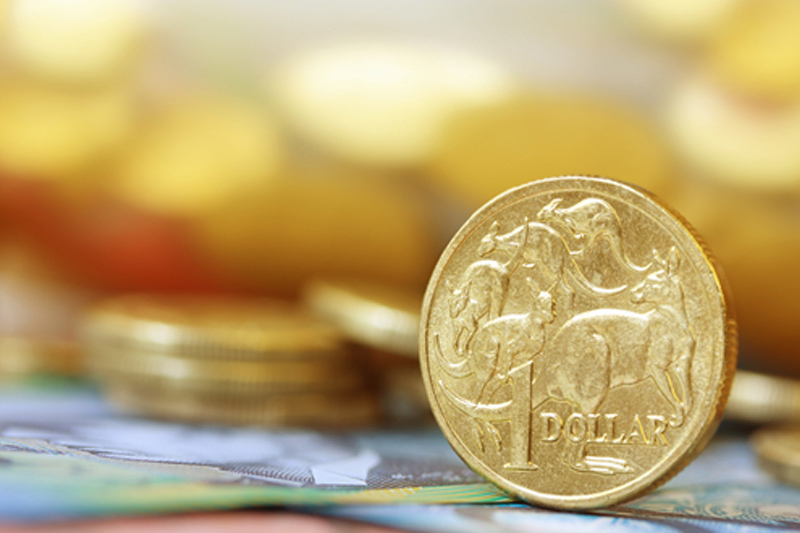* China Sept flash factory PMI hits 6-1/2-year low
* Aussie falls as much as 0.9 pct
* Yen flat after strong Asian session
* Euro looking resilient ahead of ECB chief's testimony (New throughout)
By Patrick Graham
LONDON, Sept 23 (Reuters) - The Australian and New Zealand dollars sank on Wednesday after a business survey dealt another blow to investors' already fragile confidence in China, the chief driver of global sentiment in the past month.
The euro was flat after French and German surveys of purchasing manager sentiment were respectively slightly better and slightly worse than expected, ahead of European Central Bank chief Mario Draghi's appearance in the European Parliament from 1300 GMT.
The euro, yen and dollar have struggled for direction through more than a month of China-driven volatility on equity markets, in which another weak survey of purchasing managers on Wednesday was the latest blow. ID:nL4N11R3E2
The bulk of the action in foreign exchange markets has come on commodity-linked currencies like the Aussie, kiwi and Canadian dollars, which are most sensitive to concerns over Chinese demand for commodities, and global growth.
"Still the focus is on increasing concerns over slowing growth in a number of emerging economies, chiefly China. And within the G10 currencies, the Aussie and New Zealand dollars are the proxies for that," said Lee Hardman, a strategist with Bank of Tokyo Mitsubishi-UFJ in London.
"The majors are still fairly trendless."
The Australian dollar, which is seen as a liquid proxy for China plays, fell 0.7 percent to $0.7038 AUD=D3 , pulling further away from a near four-week high of $0.7280 set on Friday.
Elsewhere the currency market's response to the Chinese data and more sales of stocks in Europe and Asia was a mixed bag.
A number of major banks have returned to their mantra of calling for a weaker euro in the past week, arguing that the European Central Bank is now close to announcing an extension of its quantitative easing programme beyond next September.
Against that has been a tendency among investors to buy the euro when stock markets are falling, although dealers said that correlation had failed on Tuesday on the back of sales of euros by some Asian central banks.
Complicating the picture is the change in market pricing for a first interest rate rise by the Federal Reserve, which for some has retreated into next year. That leaves the picture on the dollar mixed, too.
"I think FX is positioned for additional signals from the ECB, that trade has been put on this week," said Stephen Gallo, head of European FX Strategy with BMO in London.
"Risk appetite is fragile though, and the euro remains negatively correlated with risk appetite - that probably explains some of the euro's resilience this morning."
The euro gained as much as 0.3 percent against the dollar in morning trade, but by 0806 GMT, it was roughly flat at $1.1123.
The yen was also flat against the dollar at 120.21 yen JPY= . (Editing by Hugh Lawson)
